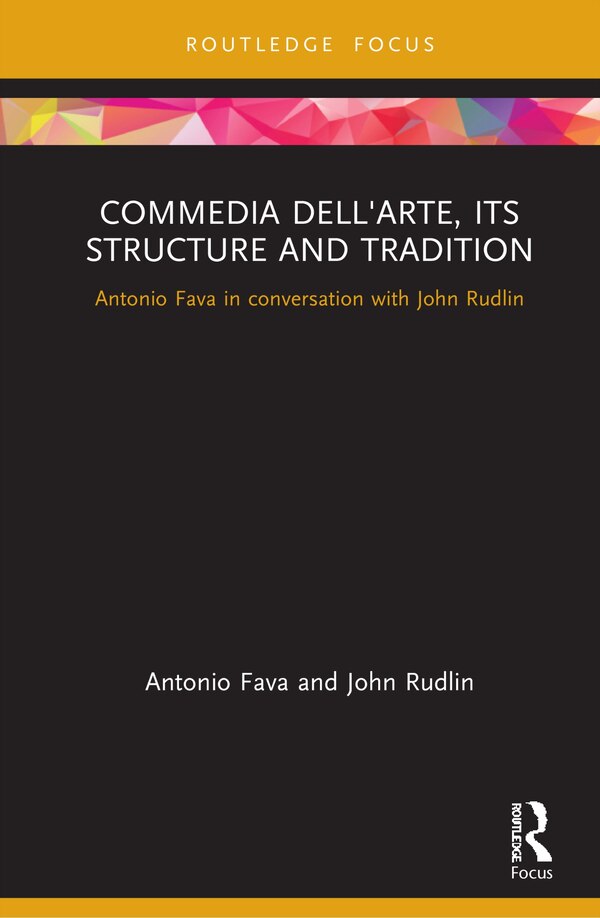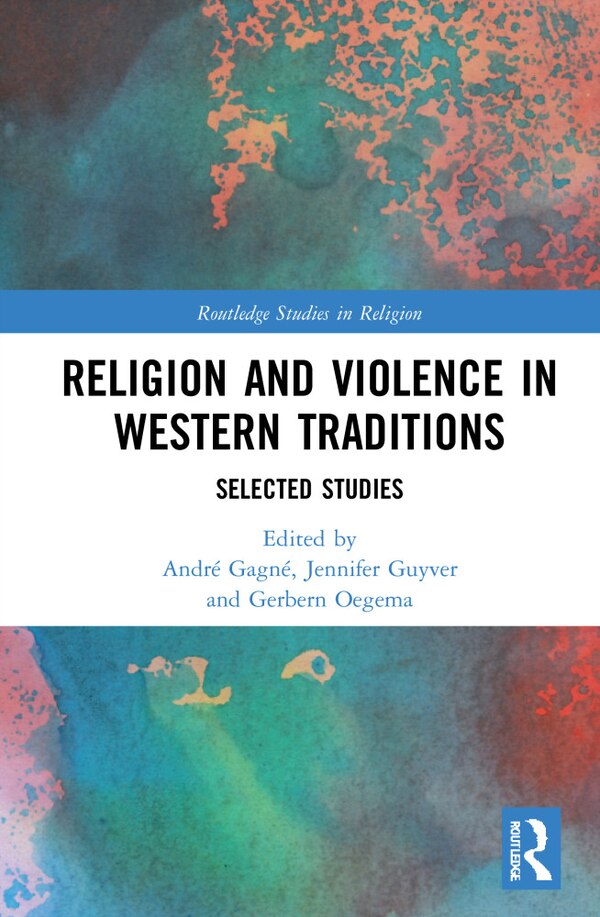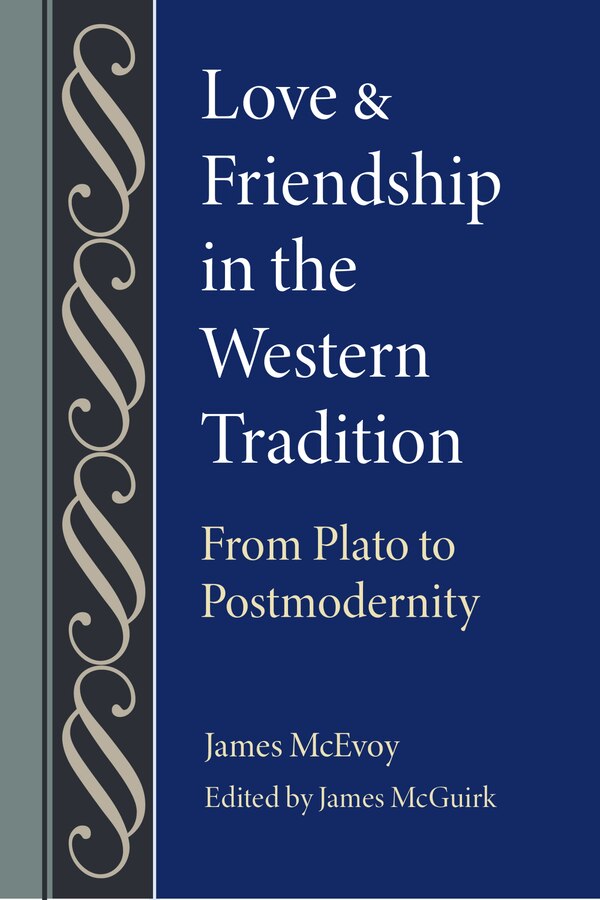Home
Western Structures Meet Native Traditions by Cheryl Woolsey Des Jarlais, Hardcover | Indigo Chapters

Coles
Western Structures Meet Native Traditions by Cheryl Woolsey Des Jarlais, Hardcover | Indigo Chapters
From Cheryl Woolsey Des Jarlais
Current price: $121.78
Loading Inventory...
Size: 0.31 x 9.21 x 0.734
*Product information may vary - to confirm product availability, pricing, and additional information please contact Coles
As Western educational practices have become global, the cultural aspects and the problems associatedwith them have become more apparent as they are contrasted with local ways of learning andknowing in the widely diverse societies around the world. The Western world has tended to assumethat its concepts of progress and development should be universally welcomed, especially in countriesthat are struggling economically. Most cultures tend to feel a similar preference for their ownworld views. However, the West has had a history of not only ethnocentrism, but colonialism, inwhich it has forcibly attempted to reshape the cultures, societies, politics, and economics of conqueredterritories in its own likeness. Though some of the more overt, political colonialist practiceshave been abandoned, colonial ways of thinking, thinking about thinking, and training in how tothink, are still practiced, and these in turn, through the education of each nation-state's children, affect every aspect of economics, politics, and social development in the global village that ourworld has become. It is critical to examine the basic assumptions of Western education in order to trace their effects on local ways ofknowing in many areas which may not share these assumptions, and which may be threatened and destroyed by them as global interactionin politics, economics, and education increases. The argument that education is primarily a moral endeavor may have been forced into the background for a time by rationalism and secularism, but it is reappearing as an important consideration in education once again. The question remains, however; whose moralityshould be institutionalized by compulsory educational programs-that of the individual, the family, the professional, the elite, the state, or the nation? And if the rules of science are no longer the single authority in identifying truth and reality, who decides the authoritieswe should rely on? | Western Structures Meet Native Traditions by Cheryl Woolsey Des Jarlais, Hardcover | Indigo Chapters





















